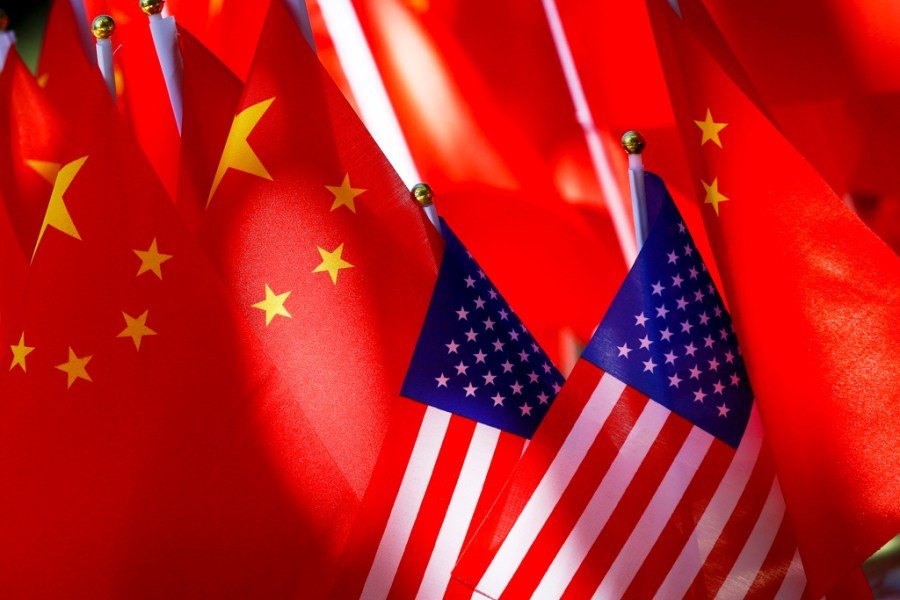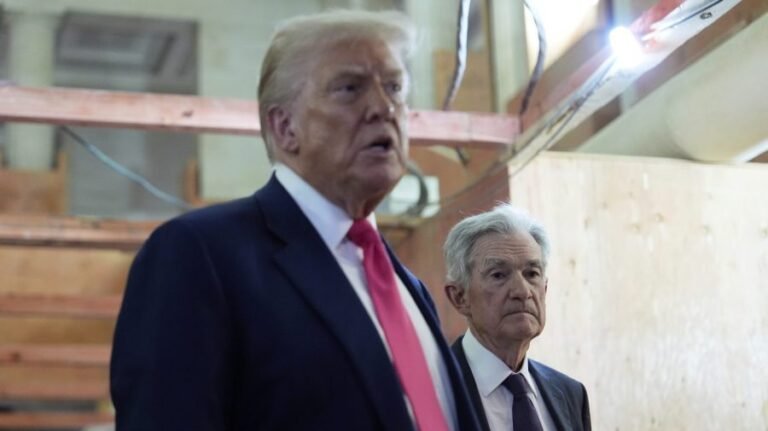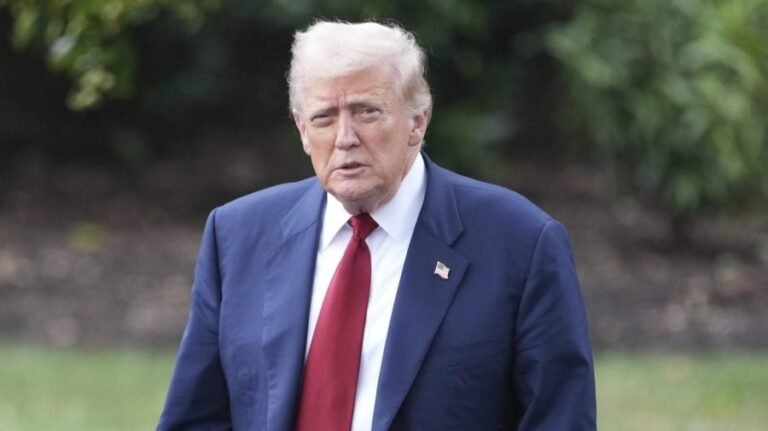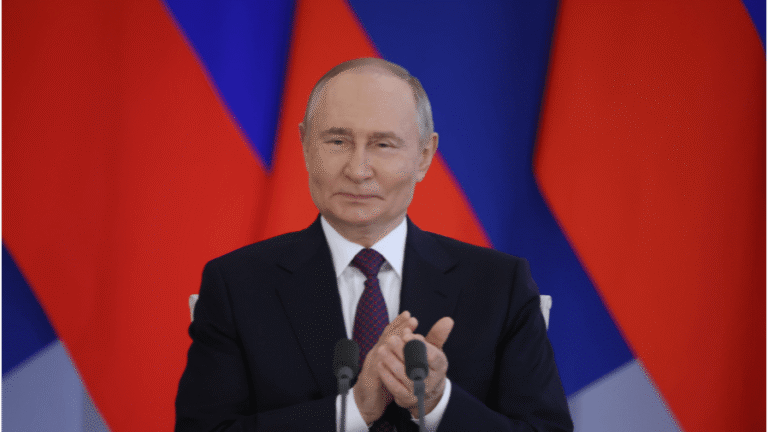
Secretary of State Marco Rubio said all the right things last week after Hong Kong issued arrest warrants for 19 pro-democracy activists in other countries, including in the U.S.
“The extraterritorial targeting of Hong Kongers who are exercising their fundamental freedoms is a form of transnational oppression,” Rubio declared in a statement. “We will not tolerate the Hong Kong government’s attempts to apply its national security laws to silence or intimidate Americans or anyone on U.S. soil.”
But we already tolerate the transnational oppression of one large group on our soil: Chinese students. And for the most part, our universities have kept silent about that.
That’s because of the billions of dollars that Chinese students bring to American colleges, of course. We’re already facing an expected decline in Chinese enrollment because of the Trump administration’s threats against international students, which higher-education leaders have rightly condemned.
But if we really cared about those students — and not just their tuition fees — we would also speak out against the Chinese government’s extraterritorial targeting of their fundamental freedoms. Anything less makes us look petty, scared and small.
In a report issued last year — titled “On my campus, I am afraid” — Amnesty International showed how Chinese and Hong Kong students in the U.S. and Europe faced surveillance and intimidation from Chinese authorities. Students reported being photographed and followed at protests, and that their families back home had been harassed.
At Georgetown, for example, a Chinese law student who handed out pamphlets denouncing China’s “zero-COVID” policies was videotaped by members of the Chinese Students and Scholars Association, an organization sponsored by the Chinese government.
They told him that the pictures would be sent to security officials in China. And soon after that, his family was interrogated and warned that they could face penalties if he continued to speak out.
None of this is news, unfortunately. In 2021, ProPublica reported that Chinese intelligence agents were using local informants to threaten and harass students in America. Some Chinese students said they avoided taking courses with other students from their country, because they did not know who was working for the government — and who might report on them.
And in 2020, when COVID forced universities to move online, the Wall Street Journal revealed that some professors had told Chinese students that they wouldn’t be evaluated on class participation. The faculty didn’t want their students to feel the need to speak up and risk getting on the wrong side of Chinese security officials, who were likely monitoring them on Zoom.
“There is no way I can say to my students, ‘You can say whatever you want on the phone call and you are totally free and safe,'” one Harvard professor admitted.
But most of our university leaders are keeping quiet about the matter. They don’t want to take any risks, either, with so much money at stake.
A welcome exception is Purdue University, which denounced Chinese spying after ProPublica revealed that one of its students was harassed by security agents for posting a letter about the 1989 Tiananmen Square massacre. That’s a taboo topic in China, which has prohibited public discussion and commemoration of the event.
“Any student found to have reported another student to any foreign entity for exercising their freedom of speech or belief will be subject to significant sanction,” declared Mitch Daniels, Purdue’s president at the time. “We regret that we were unaware at the time of these events and had to learn of them from national sources,” Daniels added, referring to the 2021 ProPublica report.
The rest of us have no excuse, especially now. Everything we have learned over the last four years confirms the same fact: China is intimidating students at our institutions.
And so is the Trump administration, of course. It has arrested and deported international students who made pro-Palestinian comments. And it has been screening the social media accounts of student visa applicants to find “any indications of hostility toward the citizens, culture, government, institutions, or founding principles of the United States.” Nobody knows what that means, so applicants have been scrubbing their accounts of material about Barack Obama, Kamala Harris and anything else that might put them in the administration’s crosshairs.
To me, that sounds more like China than America. Our most important founding principle is freedom of expression. And we are flouting it by harassing our international students, even as we accuse them of being hostile to it.
But we can’t make a persuasive case against Trump’s assault on freedom if we ignore the Chinese attacks on it. Anticipating that many international students won’t be allowed to come here, some universities — including my own — are creating online courses and programs to serve them.
That’s a great gesture, but it also leaves the students even more vulnerable to harassment by internet snoops back home. And that’s why we have to speak up for the students and make it clear that we won’t tolerate intimidation of them, just as Rubio said.
Thomas Jefferson — who knew something about America’s founding principles — swore “eternal hostility against every form of tyranny.” He didn’t care where it came from. Neither should we.
Jonathan Zimmerman teaches education and history at the University of Pennsylvania and serves on the advisory board of the Lepage Center for History in the Public Interest.


